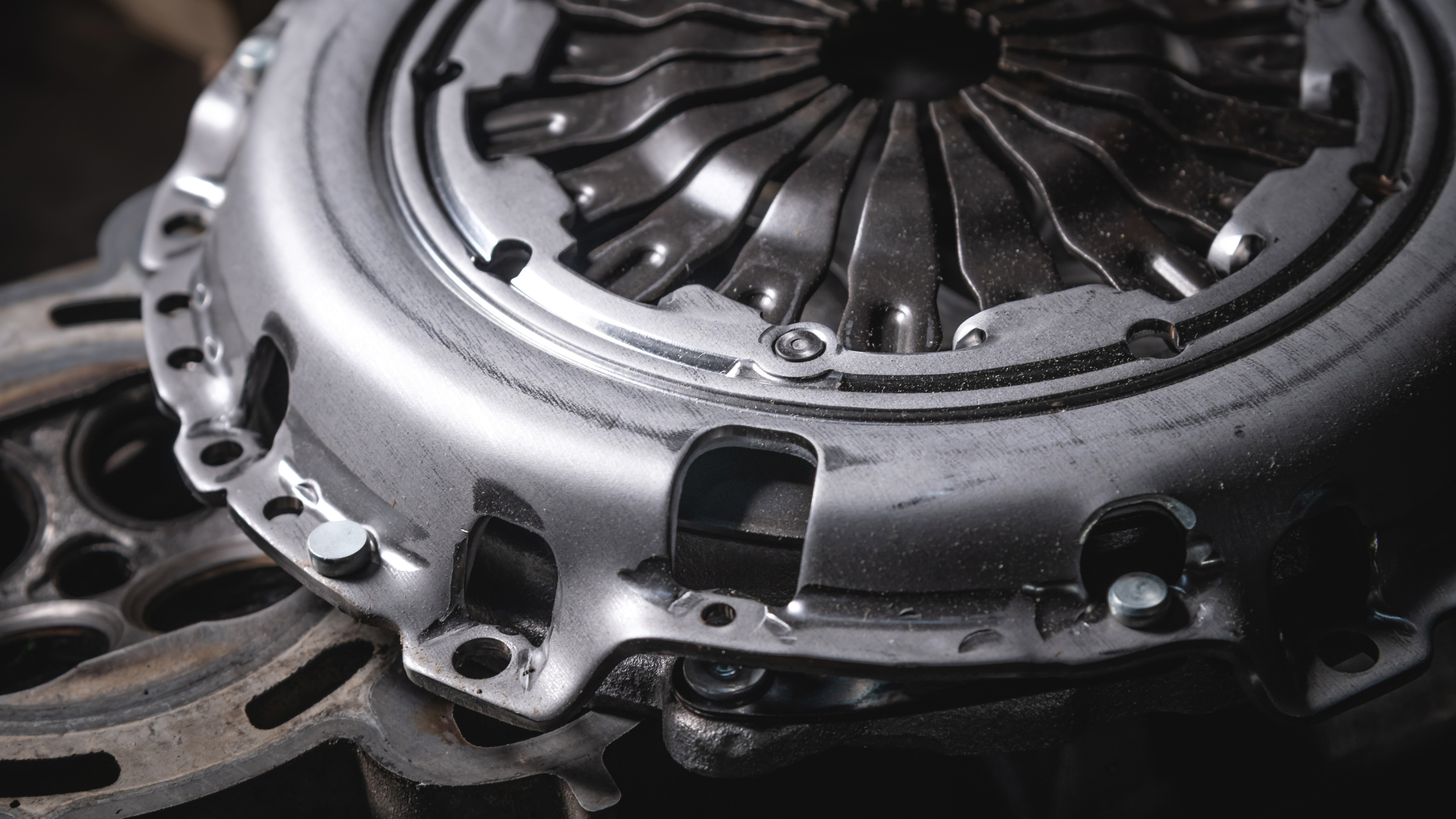10 Signs Your Car Needs Clutch Repair Immediately

A healthy clutch is crucial for smooth driving. If you're noticing issues with your clutch, it's important not to ignore them. Let's look at some signs indicating that your car might need clutch repair immediately.
1. Difficulty Shifting Gears
One of the first signs of clutch trouble is difficulty shifting gears. If you find it hard to change gears or notice a grinding noise while shifting, your clutch may need attention. When the clutch is healthy, gear changes should be smooth and silent. Struggling to engage gears may signal issues with the clutch system, such as worn-out clutch plates or problems with the hydraulic line. When you press the clutch pedal and still hear a crunching sound when shifting gears, it's a clear indication that something isn’t right.
Moreover, you might experience moments when shifting into gear becomes practically impossible. This issue often emerges suddenly and can be incredibly frustrating, especially during heavy traffic. Smooth transitions are vital for a comfortable drive and any sign of resistance should be taken seriously. Remember, the longer you wait to address the problem, the greater the risk of the issue escalating, leading to more expensive repairs.
2. Slipping Clutch
If your car seems to be slipping out of gear or you notice a lack of acceleration even though the engine is revving, it could signal a slipping clutch. This requires immediate repair. A slipping clutch occurs when the friction material has worn too thin, causing the clutch to lose grip. This can be particularly dangerous as it affects the smooth transition of power from the engine to the wheels. Consequently, you might find your car accelerating poorly even when you apply significant throttle.
Another symptom of a slipping clutch is the need to constantly adjust your driving technique. For example, you might find yourself pressing harder on the accelerator or shifting gears more frequently to maintain speed. Over time, this can lead to further wear and exacerbate the problem. Therefore, early intervention is crucial. Not only will it save you from additional costs, but it will also prevent potential safety hazards associated with a malfunctioning clutch.
3. Spongy or Soft Clutch Pedal
A spongy or soft clutch pedal that feels different from usual may indicate a problem. It could mean there's air in the hydraulic line or there's a need for some adjustment. When you press the clutch pedal, it should offer some resistance and return promptly once released. Any deviation from this normal behavior is a sign of trouble. A soft clutch pedal often feels less responsive and might sink to the floor without much resistance.
Moreover, a spongy clutch pedal can be a sign of a hydraulic clutch problem. This might involve issues within the hydraulic system, such as air bubbles trapped in the fluid or a leak in the master or slave cylinder. Identifying and fixing these issues requires a thorough inspection by a professional mechanic. Timely intervention can prevent further damage and ensure the longevity of your vehicle's clutch system.
4. Noisy Clutch
Unusual noises like squeaking or growling when pressing the clutch pedal can be a sign of clutch issues. These sounds shouldn't be ignored as they might indicate a more serious underlying problem. Squeaking noises often point to a worn release bearing, while growling sounds can indicate a damaged pressure plate. These components are essential for the smooth operation of your clutch and, if damaged, can lead to more serious failures.
5. Poor Acceleration
If you notice poor acceleration despite pushing hard on the gas pedal, it might be a sign that your clutch is worn out and needs to be replaced. A healthy clutch ensures that the engine's power is effectively transferred to the wheels. When this system is compromised, you might find it difficult to reach your normal speeds, leading to sluggish performance and poor fuel efficiency.
6. Burning Smell
A burning smell while driving can indicate clutch overheating. This can result from a slipping clutch and needs to be addressed promptly to prevent further damage. The burning smell typically arises from the friction material on the clutch disk overheating and breaking down. Ignoring this smell can cause permanent damage to the clutch components and even pose a fire hazard.
7. High Clutch Engagement Point
If your clutch engages very high on the pedal, it may indicate wear and tear on the clutch components. This is a sign that your clutch might be nearing the end of its lifespan. The engagement point is where the clutch starts to take hold and transfer power from the engine to the transmission. A higher engagement point means that the clutch disk is worn, necessitating a replacement.
Besides wear and tear, a high engagement point can also be a sign of improper clutch adjustments. If you notice this issue, it’s best to consult with a mechanic who can accurately diagnose and fix the problem. Don’t wait until the clutch fails entirely, as this can lead to more expensive repairs and potential breakdowns on the road.
8. Vibrations While Shifting
Feeling vibrations or shuddering when shifting gears can point towards a problem with the clutch system. This needs to be checked out by a professional. Vibrations often result from uneven wear on the clutch disk surfaces or a misaligned pressure plate. These issues can prevent the clutch from engaging and disengaging smoothly, resulting in a jerky driving experience.
9. Stuck Clutch Pedal
A clutch pedal that sticks to the floor and doesn't return can be a major sign of clutch failure. This requires immediate attention to avoid being stranded. A sticking clutch pedal commonly indicates issues with the clutch linkage or hydraulic system and can make driving dangerous and unpredictable. Prompt diagnosis and repair are essential in such cases.
A stuck clutch pedal can also be a harbinger of more significant transmission problems. Ensuring timely clutch repair is necessary to prevent further malfunctions, which can save you from a much higher repair bill and provide peace of mind on the road.
10. Visible Leaks
Any visible leaks under your car, particularly brake fluid, could be linked to clutch problems. A loss of hydraulic fluid can lead to clutch issues that need repair right away. The hydraulic system of the clutch relies on a closed circuit of fluid to function correctly. A leak can compromise this system, leading to clutch slippage or even total failure.
Moreover, fluid leaks can point to worn-out seals or damaged hoses within the clutch system. These components are crucial for maintaining the hydraulic pressure needed for the clutch to operate. Ignoring these signs can result in further damage and expensive repairs.</br>Regular maintenance and prompt attention to leaks can help you avoid these issues and keep your clutch system in peak condition.



